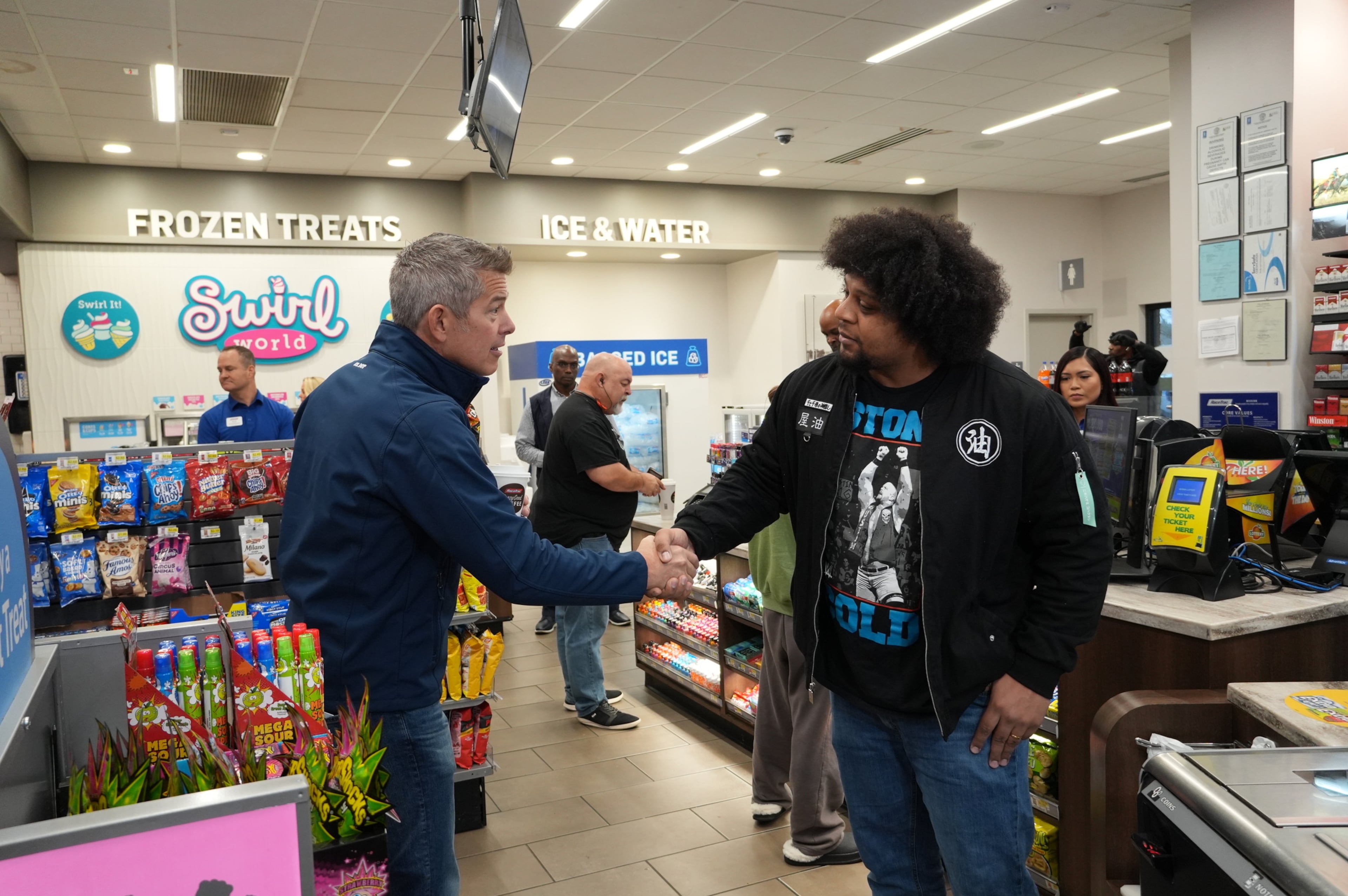The street view matters in the Mideast
In the spring of 1989, the Arab League held its summit in Casablanca. I was one of the consulate officers assigned to work the Arab street. The embassy wanted to know what Moroccans felt about letting Egypt back into the Arab League, and what they believed about the ongoing Palestinian intifada.
As I chatted with students and laborers and teachers, they looked at me like I was crazy. They didn’t want to talk about those topics. The convening of the Arab League summit in their city meant little to them, except that places where the grass had withered away had been spray-painted a fake green, and the walls around the bidonvilles (slums) had been whitewashed.
They wanted to know why the U.S. was mum about the way the then-King, Hassan II, was brutalizing them. The whole country was engaged in a massive fundraising effort to build the third-largest mosque in the world, the Hassan II Mosque in Casablanca.
In order to claim that the mosque was something the people wanted, Hassan II asked for donations from all Moroccans. The king made speeches about how he could not deprive the Moroccan people of this opportunity to do something great for Allah. But what really happened was that the leaders in each quartier (neighborhood), often accompanied by a group of baton-wielding policemen, went door to door at night demanding money. And often when someone could not contribute the amount the police wanted, they were hauled off to prison and held there. Some were even tortured.
On the street, Moroccans had to be careful in voicing their displeasure with their monarch. He had spies everywhere and there were secret police shadowing me as I moved around the city. I felt bad about the fact that many of the people who were cordial enough to converse with me would wind up later being interrogated at the police station over what they had discussed with me.
The U.S. officially considered Hassan II one of our “friendly despots.” No matter what he did to his people, the U.S. refrained from any public critique. Behind closed doors, we raised questions about the mosque campaign and the way even U.S. firms were being squeezed for donations (a fixed percentage of gross sales, not gross profits).
I share this anecdote to highlight one of the most challenging aspects of representing the U.S. overseas. The embassy was focused on the topics that the Arab League summit was scheduled to address. That’s why I was assigned to chat up the average Moroccan about those issues.
But once Moroccans realized I was an American diplomat, they could not contain their frustration with how the U.S. was betraying its principles. What Moroccans saw was the U.S. continuing its cozy embrace of the king. The country’s newspapers were awash in photos of the U.S. ambassador boar-hunting with the hated Minister of Interior (who controlled the secret police). A dozen or so boars that had been shot were draped on the ground in front of the VIPs for their ceremonial photo.
What we did behind closed doors may have been important to us, and to our sense that we were staking out the moral high ground in raising abuses that were being perpetrated in the name of the mosque campaign. But that’s not what Moroccans on the street saw. They saw the U.S. in bed with their corrupt monarch. They saw the U.S. laughing its head off as it went along for the hunt. They saw themselves in the deflated bodies of those murdered boars.
If we want the U.S. to be perceived as the champion of democracy and freedom, we have to be willing to separate ourselves from the elite brokers of power. It’s easy to distance yourself from Hosni Mubarak when there are thousands demanding his ouster in Tahrir Square. It’s a much harder thing to do in the day-to-day life of the push-and-pull of dealing with the many-headed hydra of some corrupt government. That’s the real challenge for today’s diplomats in the wake of this Arab Spring.
Michael Varga of Norcross served in the U.S. diplomatic corps from 1985 to 1996. His essay “Addicted to Chad” appears in the May edition of Literal Latte.

